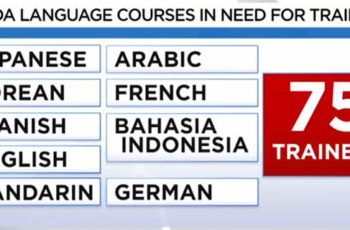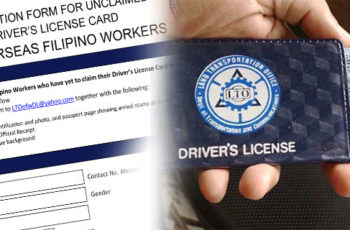At least 10.4 million overseas Filipino workers (OFWs) were deployed in more than 200 countries around the world. The country has received $25.7 billion in remittances in 2015, further proof that they are considered the country’s newest heroes. Despite that, OFWs face many challenges abroad—from abuse from employers to feelings of loneliness and the need to see their families again.
It is no wonder that OFWs are one of the topics in ABS-CBN’s presidential debate, the last of the three debates held before the elections. In a town hall fashion, ABS-CBN allowed the country’s stakeholders to ask the candidates questions relevant to them.
In this case, the question on OFWs was asked by Cristy Guinto, a 39-year-old single mother from Dubai. Aside from suffering loneliness away from her children, her health also suffered, the medical bills adding to the many debts she has to pay for. She asked the candidates if she’ll have a job waiting for her should she come home to the Philippines.
Each presidential candidate presented their plans for the OFWS, as follows:
Vice President Jejomar Binay promised to establish a pension fund for OFWs and to help them plan their return to the country. A former adviser on OFW concerns, he also promised to stop the membership fees required by the Overseas Workers Welfare Administration (OWWA).
Senator Miriam Defensor Santiago echoed Binay’s sentiments of working abroad as being an option, not a necessity. She stressed that the country needs to develop its own economy in order to provide more jobs.
Davao City Mayor Rodrigo Duterte promised to create a department dedicated to OFWs and a bank to accept their remittances. He also said that envoys and other Filipino officials in foreign embassies should record OFWs.
Senator Grace Poe said she will establish a 24-hour hotline to help OFWs in distress. She is vehemently against OFWs being subject to tanim bala extortion cases and having their balikbayan boxes opened.
Finally, Mar Roxas promised more job opportunities in the Philippines. He mentioned that the Philippines has its lowest unemployment rate in 2015, which meant more jobs are being created. The goal now is to continue developing the economy to create more jobs.






